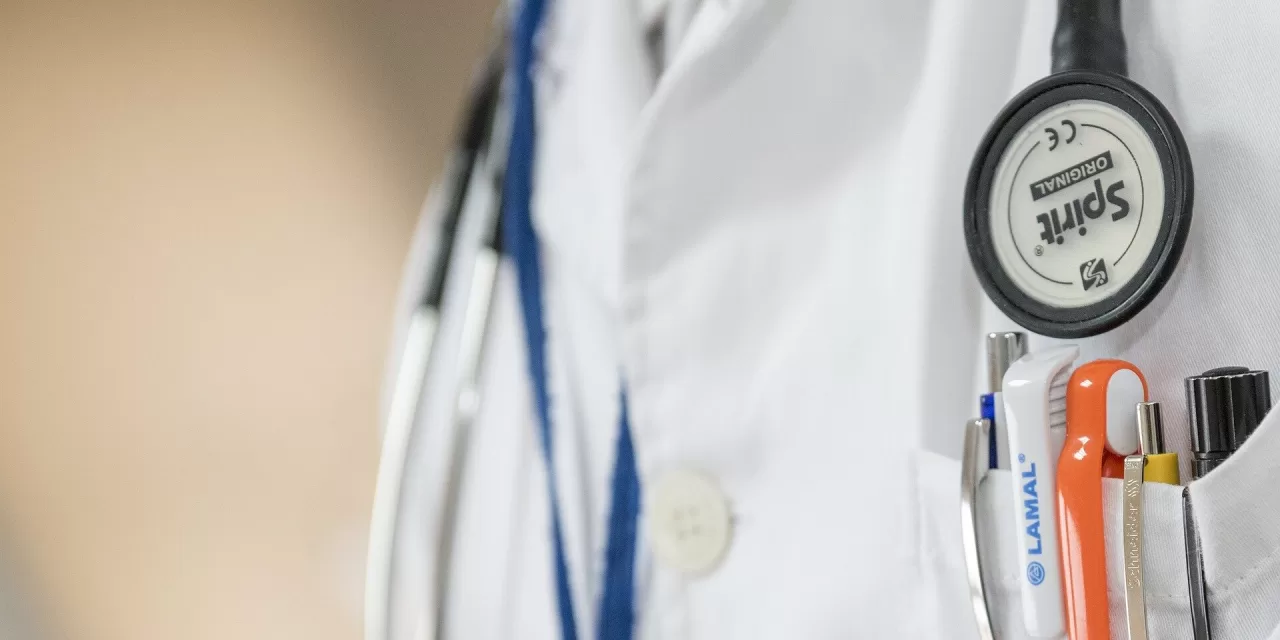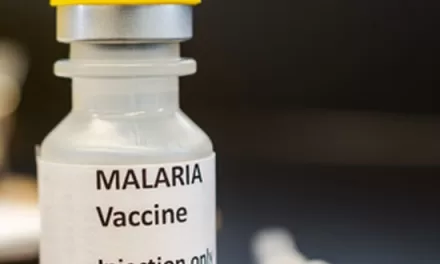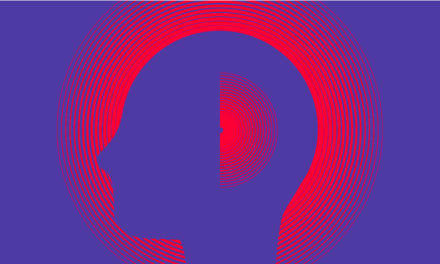A recent study reveals that more than half of healthcare workers across India feel unsafe in their workplaces, particularly in government medical colleges. Conducted by experts from Vardhman Mahavir Medical College (VMMC), Safdarjung Hospital, and All India Institute of Medical Sciences (AIIMS), New Delhi, the study highlights significant deficiencies in the security infrastructure of Indian healthcare settings.
The study, titled “Workplace Safety and Security in Indian Healthcare Settings: A Cross-Sectional Survey,” was published in the journal Epidemiology International. The findings underscore the urgent need to enhance safety measures to protect healthcare professionals in their workplaces.
Key Findings
The survey, led by Dr. Kartik Chadhar and Dr. Jugal Kishore from VMMC and Safdarjung Hospital, in collaboration with Dr. Richa Mishra, Dr. Semanti Das, Dr. Indra Shekhar Prasad, and Dr. Prakalp Gupta from AIIMS, was conducted among 1,566 healthcare workers from various institutions across India. Using a pre-tested, self-administered online questionnaire, participants were asked about their experiences with workplace safety.
The survey had a nearly even gender split with 55.5% female and 44.5% male participants. Most respondents (71.5%) worked in government-run medical colleges, and approximately half (49.6%) were resident doctors. A smaller group included undergraduate medical students and interns (15.9%), along with faculty members, medical officers, nursing staff, and supporting personnel.
Widespread Concern for Safety
Results revealed alarming statistics: 58.2% of healthcare workers reported feeling unsafe at their workplace. Additionally, 78.4% of respondents stated they had been threatened while on duty. These concerns were particularly prevalent in state and central government institutions, where resources are often stretched, and infrastructure may be outdated.
Further, the survey highlighted an acute lack of basic facilities for healthcare workers. Nearly half of the respondents reported not having access to a dedicated duty room, especially while working long hours or night shifts. This absence of adequate rest spaces adds to the challenges healthcare workers face in high-pressure environments.
Implications and Call for Action
Dr. Jugal Kishore, the corresponding author of the study, emphasized the necessity for immediate action to improve safety and security in medical institutions. “The findings of this survey point to a significant gap in the safety infrastructure of Indian healthcare facilities. The absence of robust security protocols, combined with long working hours, makes the environment unsafe for the very people who are responsible for saving lives,” he said.
The study’s findings call for a nationwide reassessment of security policies in healthcare settings, particularly in government institutions where the majority of healthcare workers are employed. Improved surveillance, the implementation of emergency protocols, and providing adequate facilities for healthcare professionals are critical steps that can mitigate the risks they face.
As India’s healthcare system continues to be stretched by increasing demand, it is vital to ensure that the safety of those on the front lines is prioritized. Without addressing these issues, the health and well-being of both workers and patients could be jeopardized, impacting the overall quality of care provided.
Conclusion
The study, a collaborative effort between some of India’s leading medical institutions, sheds light on a crucial issue that affects thousands of healthcare workers. The findings call for urgent reforms in workplace safety and security measures, with the hope that improvements can be made to safeguard those who dedicate their lives to the care of others.
Ensuring a safe working environment for healthcare professionals is not just a matter of security; it is a fundamental step towards improving the nation’s healthcare system as a whole.











